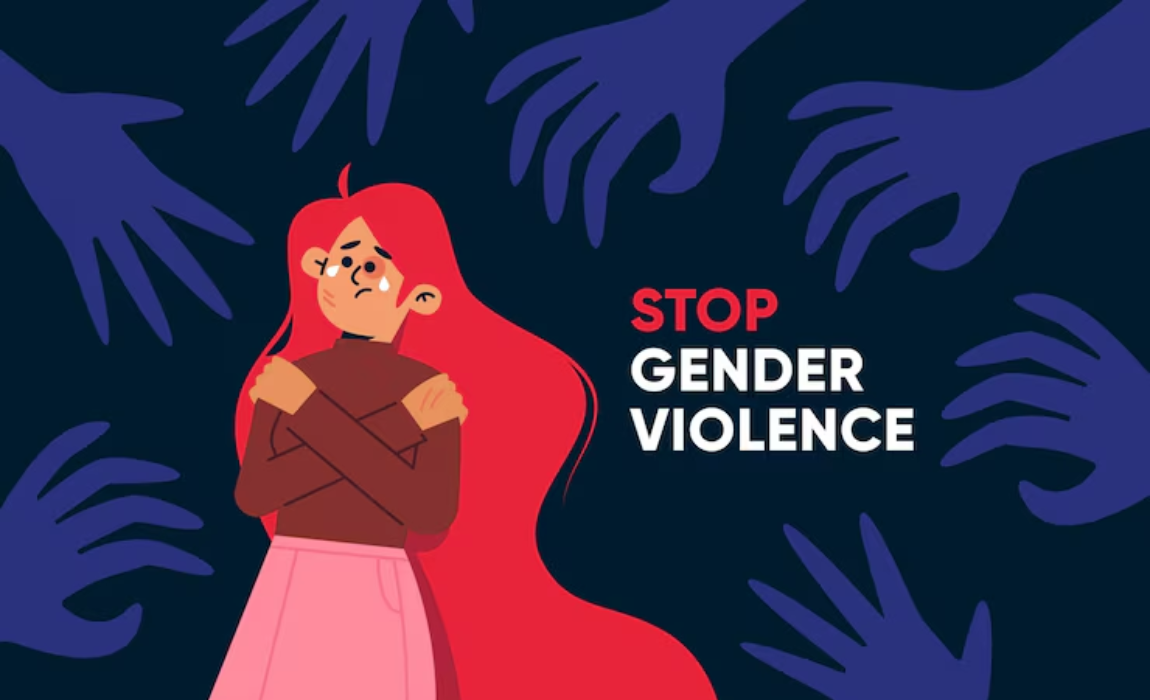
Bharatiya Nyaya Sanhita, 2023: Addressing Mob Lynching and Gender-Based Violence
The Bharatiya Nyaya Sanhita (BNS), 2023, introduced as a replacement for the colonial-era Indian Penal Code, marks a defining moment in the evolution of India's criminal justice system. Among its many provisions, two stand out for their urgency and contemporary relevance — the criminalization of mob lynching and the tightening of laws on gang rape. These inclusions not only reflect India's shifting legal priorities but also acknowledge the grim realities of violence that have plagued society in recent years.
Mob lynching — a term that until recently found no express mention in Indian criminal law — has seen a disturbing rise, often driven by rumors, religious hatred, or caste prejudices. While courts and civil society repeatedly called for legislative intervention, the IPC lacked specific provisions to tackle this form of collective
violence. The BNS 2023 breaks this silence. It introduces Section 103(2), which makes mob lynching punishable with imprisonment for life or the death penalty, depending on the severity and intent.
This is a significant move. For the first time, mob violence is recognized as a distinct and aggravated offence, not merely as murder or rioting. It reflects the understanding that when a group, emboldened by numbers and ideology, takes law into its own hands, it causes more than just physical harm — it undermines the rule of law and spreads fear across communities. By naming mob lynching and attaching stringent penalties, the law sends a clear signal: collective impunity will no longer be tolerated.
But criminal law alone is not the answer. Effective implementation will require sensitizing police forces, fast-tracking investigations, and protecting witnesses. Far too often, perpetrators have walked free due to weak chargesheets or political patronage. If the new provision is to work, it must be backed by judicial will and administrative integrity.
The BNS also introduces sharper teeth in the fight against gender-based violence, especially in the context of gang rape. The new Section 64, dealing with gang rape, prescribes rigorous imprisonment not less than 20 years, extending to life imprisonment, and in cases involving minors or particularly heinous circumstances, the death penalty.
This is in line with public sentiment and judicial trends post-Nirbhaya, where courts have consistently upheld harsher penalties in gang rape cases. The law now reflects the evolving understanding of sexual violence — not just as a crime against an individual, but as a deep assault on dignity, autonomy, and safety in public spaces. By introducing graded punishments and removing ambiguities in the definition of gang rape, the BNS gives prosecutors stronger tools to ensure justice.
Yet, legislation alone cannot transform societal mindsets. For every reported gang rape, many go unreported due to stigma, fear of retaliation, or lack of faith in the system. Legal reforms must be accompanied by better infrastructure for survivor support — medical care,
psychological counselling, legal aid, and rehabilitation. It is also time for educational reforms that address gender sensitivity at an early age and across all levels of schooling.
What makes the Bharatiya Nyaya Sanhita, 2023, remarkable is not just the introduction of new sections, but the recognition of violence in its modern forms. Mob lynching and gang rape are not traditional crimes in the colonial sense — they are social diseases that require a modern, humane, and firm legal response.
To that end, the BNS signals a moral and legal recalibration. It tells victims that their pain is recognized, and it tells perpetrators that the era of loopholes and impunity is drawing to a close. The challenge ahead lies in ensuring that these strong words translate into equally strong actions on the ground.
The law has spoken. Now, the system must follow.
